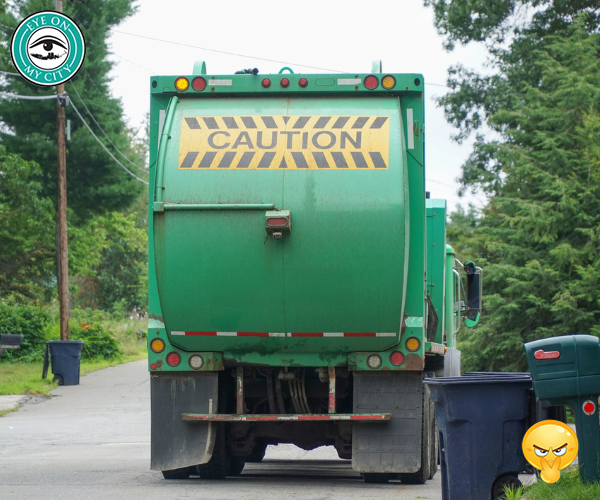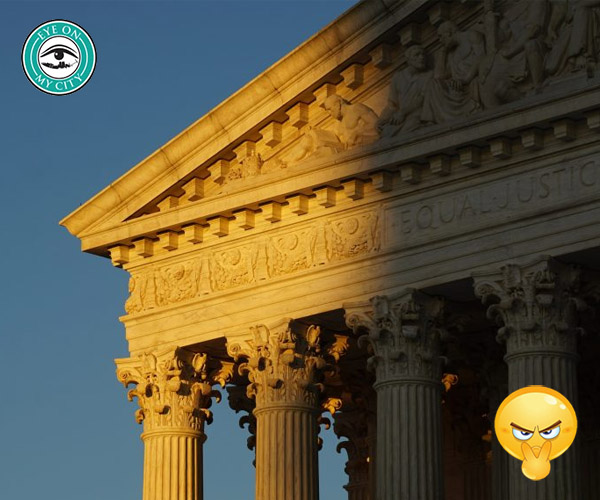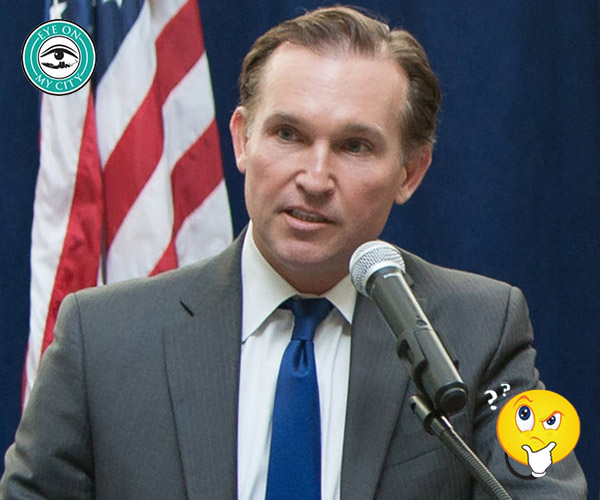
Illegal, unethical or just a shrewd political move?
That’s what everyone in courthouse circles is asking after Michael Kalil, a well-connected local lawyer, slid into a judge’s seat amid a last-minute bit of paper-shuffling.
The only other person in the race withdrew the same day Kalil filed his papers.
Tyrie Boyer was the circuit judge everyone thought was running for re-election. Incumbent judges rarely are challenged, so no one else was in the race.
Had Boyer dropped out earlier, no doubt several candidates would have filed.
No one else had a chance to get in. As the only candidate when qualifying ended at noon Friday, Kalil became a judge-designate.
Boyer’s withdrawal hit the Division of Elections office at 10:40 a.m., 80 minutes before the deadline. Eye found that Kalil’s official paperwork was hand-delivered to the office at 9:03 a.m — before Boyer’s withdrawal was received.
Several local lawyers were fuming, judging by comments attributed to them by the Daily Record.
One called it “the good ol’ boy network” and another, a former president of the Florida Bar, said “the objective facts are very distressing to me.”
Another lawyer said “it doesn’t pass the smell test” and still another said, regarding the odor, “If it smells like a skunk, it probably is a skunk.”
The principals apparently are not talking to the media.
Kalil had filed in an open race previously, and drew an opponent. According to the Record, Kalil had raised $300,000 for his campaign.
Kalil, like Boyer, is a member in good standing of the plaintiff’s trial lawyer community. His father has reaped millions in that field.
Just perhaps, the Kalil camp figured that they were not likely to get an appointment from Gov. Ron DeSantis, who is no friend to trial lawyers, and conjured another way to get on the bench without having to face the electorate.
Sources tipped Eye that Boyer told someone the day before he withdrew that he was still planning to run.
His sudden change of heart could result in the Judicial Qualifications Commission taking up a case. The premise would be that voters have the right to choose judges, unless it is done by appointment. The switcheroo denied voters that right, if it was done via some agreement between the parties.










